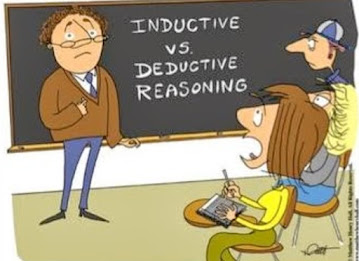Just a Theory

Hypothesis The general public so widely misuses the words hypothesis , theory and law that scientists should stop using these terms, writes physicist Rhett Allain of Southeastern Louisiana University, in a blog post on Wired Science. "I don't think at this point it's worth saving those words," Allain told LiveScience. A hypothesis is a proposed explanation for something that can actually be tested. But "if you just ask anyone what a hypothesis is, they just immediately say 'educated guess,'" Allain said. Just a theory? Climate-change deniers and creationists have deployed the word "theory" to cast doubt on climate change and evolution. "It's as though it weren't true because it's just a theory," Allain said. That's despite the fact that an overwhelming amount of evidence supports both human-caused climate change and Drwin's theory of evolution . Part of the problem is that the word "theory" means so...




